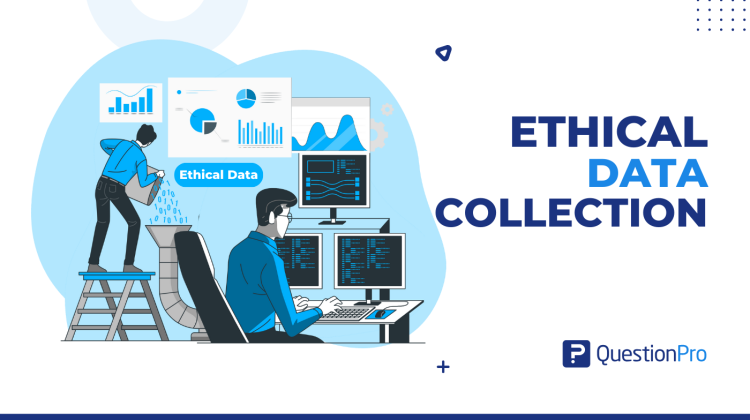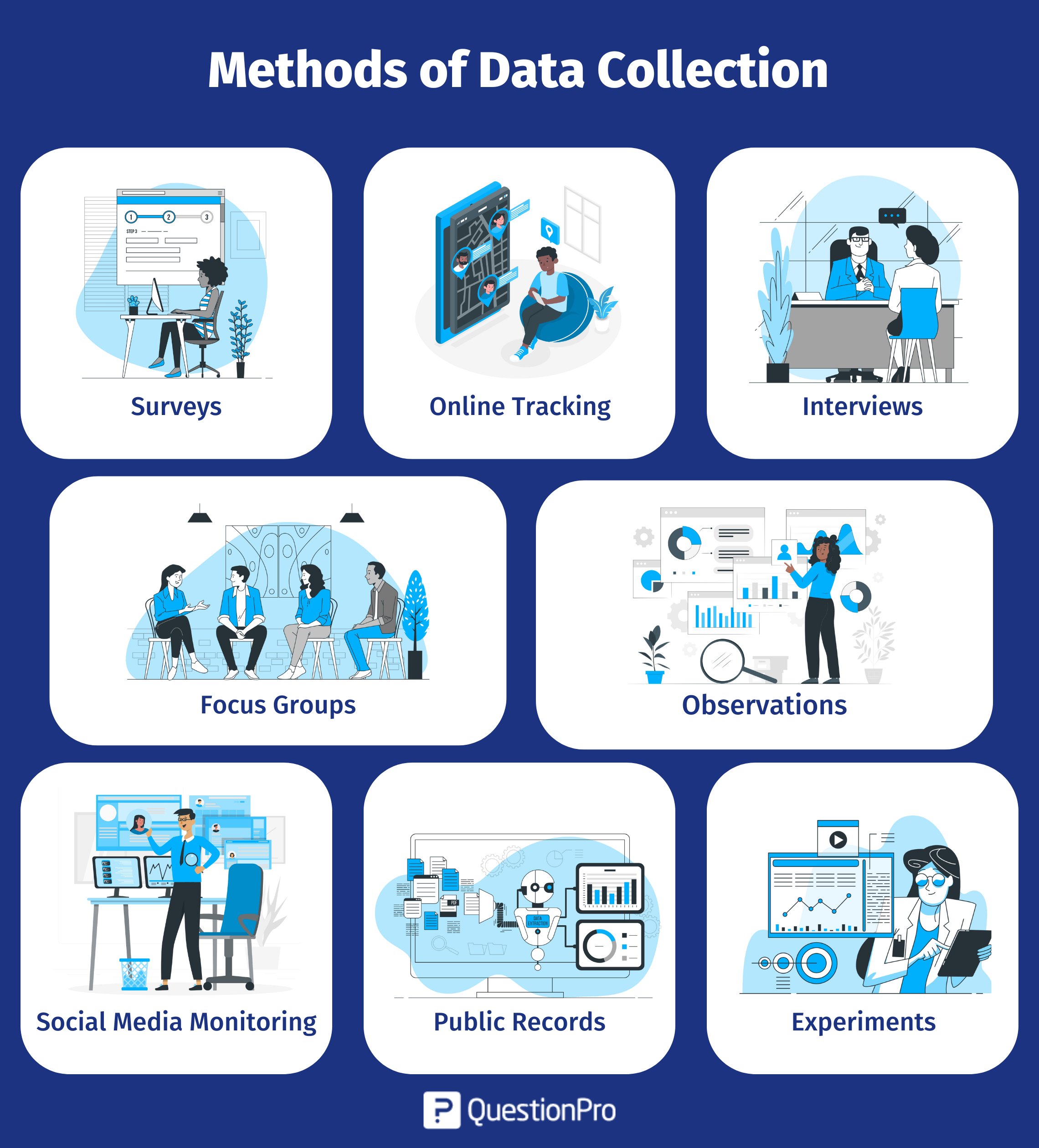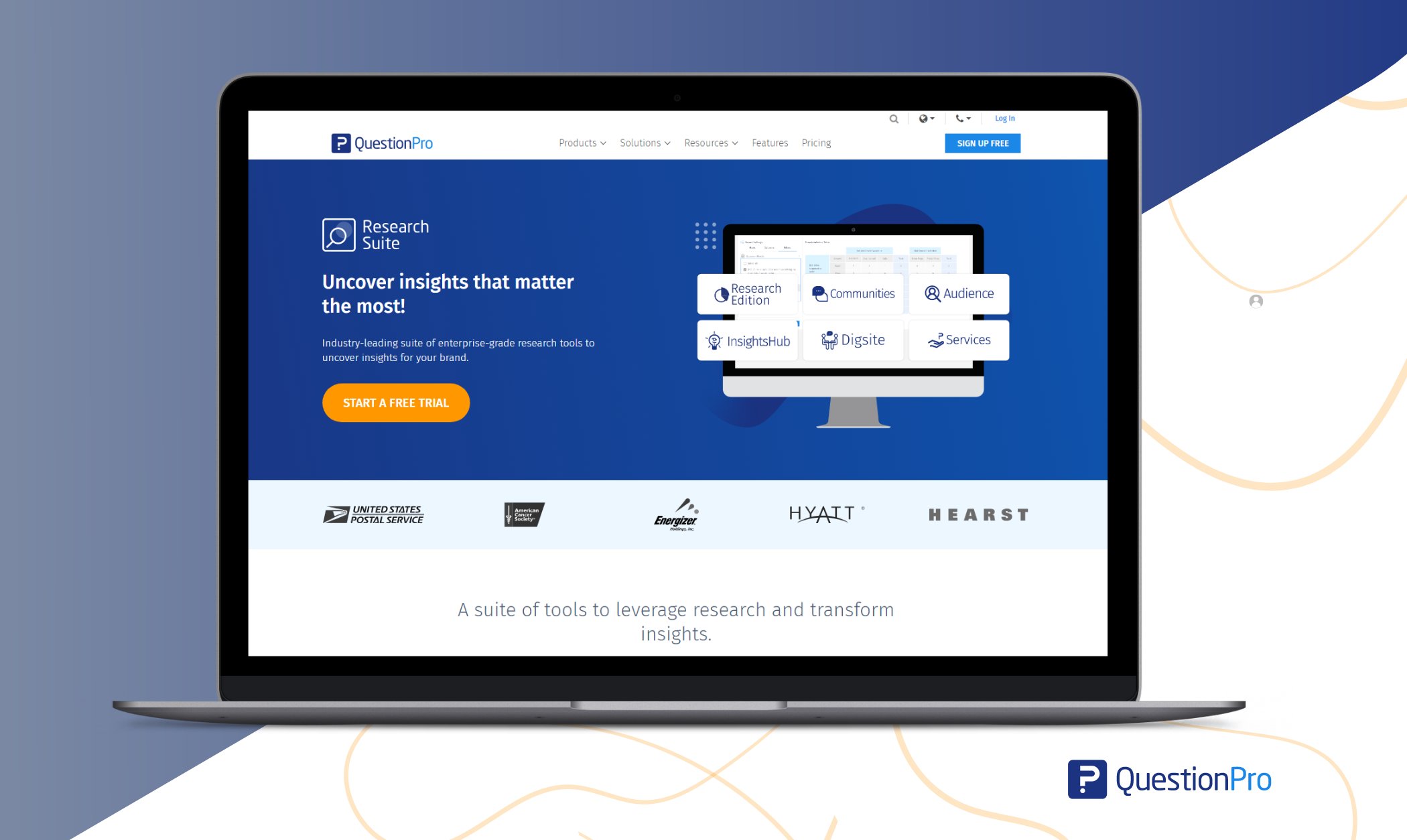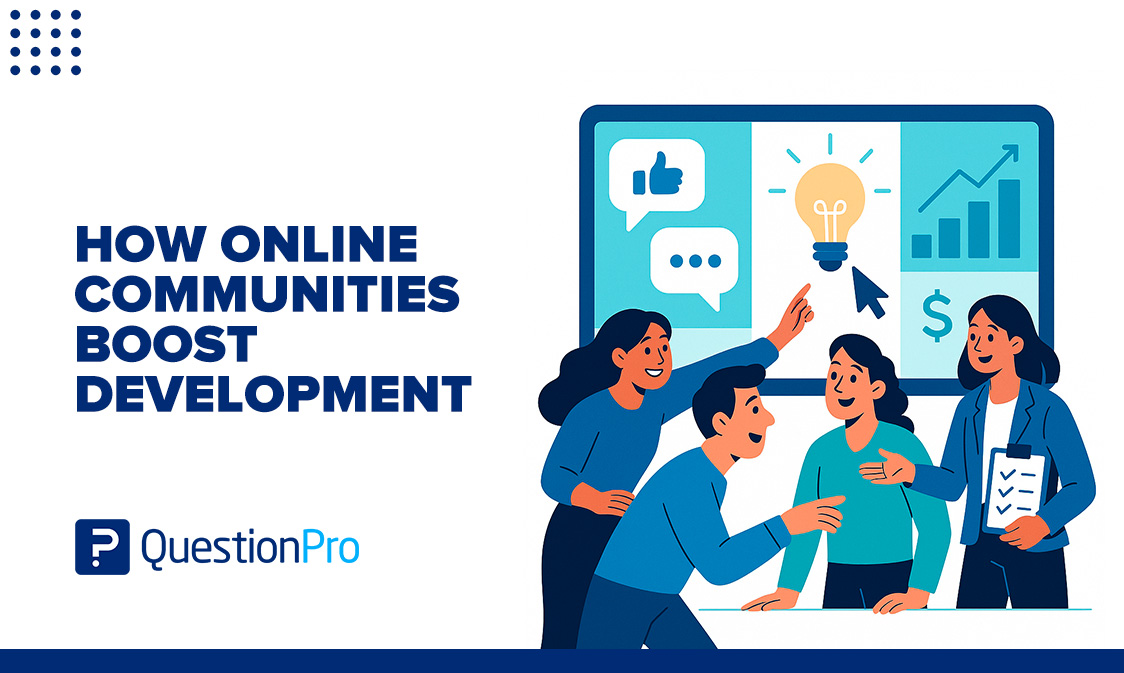
Nowadays, data is important everywhere. Businesses, researchers, and organizations rely on data to make smarter decisions, improve services, and understand their audience better. Collecting data incorrectly, without consent, transparency, or security, can lead to privacy violations, mistrust, and even legal trouble. Ethical data collection exists to make your life trouble-free in this process. It ensures responsible data collection and usage, protecting individuals’ rights while helping organizations gain valuable insights.
When done right, ethical data collection builds trust, strengthens relationships, and ensures compliance with laws.
In this blog, we’ll explore what ethical data collection is, its key principles, and data collection methods. We will also explore some real-world use cases for your better understanding.
What is Ethical Data Collection?
Ethical data collection is all about gathering information in a way that respects people’s privacy, rights, and choices. It means being honest, transparent, and responsible in collecting, using, and storing data.
When businesses or organizations collect data, they usually want to understand their customers better through surveys, website tracking, or social media interactions. But it’s important that they do this ethically, meaning they need to be clear about why they’re collecting the data, how they’ll use it, and make sure that the people sharing the data are comfortable with it.
At the heart of ethical data collection is the idea that people should have control over their own personal information. This means:
- Being transparent: You tell people what data you are collecting and why.
- Getting consent: Before collecting data, you ask people for permission and make sure they understand how their information will be used.
- Protecting privacy: You make sure personal information is stored safely and securely and that it’s only used for the purposes you’ve agreed to.
- Avoiding harm: You take care not to use the data in ways that could harm or discriminate against individuals.
In short, ethical data collection is about treating people’s information with respect and ensuring that they feel safe and informed throughout the entire process. It’s not just the right thing to do, it also builds trust between organizations and their customers, which is essential for long-term success.
Why Ethical Data Collection Matters?
Ethical data collection is important because it ensures that personal information is handled responsibly and with respect. By following ethical considerations, organizations can protect people’s privacy and build trust with their audience. Here’s why ethical data collection really matters:
- Building Trust with Customers
When people know their data is handled ethically, they feel more confident about sharing it. If a company is transparent about how it uses data and respects privacy, customers are more likely to trust it.
- Protecting Privacy
Our personal information is valuable, and it’s important to keep it safe. Ethical data collection ensures that businesses only collect what they need and store it securely. When companies respect privacy, they reduce the risk of data breaches or misuse, which can harm individuals.
- Following the Law
Strict data protection laws, like GDPR in Europe or CCPA in California, require businesses to collect and handle data ethically. Companies that don’t follow these laws can face huge fines and legal consequences. Ethical data collection ensures that companies stay compliant with these rules and avoid penalties.
- Preventing Bias and Discrimination
Unethical data collection can lead to biased decision-making. For example, if you collect data without considering diversity or fairness, it can unfairly favor one group over another.
- Reputation and Long-Term Success
In the digital age, people are more aware of how their data is being used and care about it. Companies that practice ethical data collection are seen as responsible and respectful, which can improve their reputation and attract more customers. On the other hand, businesses caught in unethical data practices may lose customers, face public backlash, and harm their reputations for years to come.
What are the Methods of Ethical Data Collection?
There are many ways to collect data, depending on what you’re trying to learn and who you’re gathering information from. Here are some common methods businesses, researchers, and organizations use for ethical data collection:

1. Surveys
Surveys are one of the most common ways to collect data. They involve asking people questions to gather their opinions, feedback, or other information. Surveys can be done in person, over the phone, or online. You can use questions like:
Surveys allow people to share their thoughts in their own words. They are great for understanding what people think, feel, or experience and can gather a lot of information quickly.
2. Online Tracking
Online tracking refers to gathering data on people’s behavior as they interact with websites or apps. This can include things like how long someone spends on a page, what they click on, or what products they view. This method is often used in marketing to better understand customer preferences and improve the user experience.
3. Interviews
Interviews are a more personal way to collect data. They usually involve one-on-one conversations between a researcher and a participant, where the researcher asks open-ended questions to gain deeper insights. You can conduct interviews by:
- In-person
- One-way video interview
- Over the phone
- Through video calls
This method works well when you need detailed, qualitative information that surveys can’t always capture.
4. Focus Groups
Focus groups involve a small group of people who are asked questions about a specific topic. It’s like an interview but in a group setting, allowing for discussion and a variety of opinions.
5. Observations
Sometimes, the best way to collect data is by watching what people do. In observational data collection, researchers watch and record behavior in natural settings without interacting with participants. Psychologists, educators, and marketers commonly use this method.
For example, a company might observe how customers move through a store to improve the layout.
6. Social Media Monitoring
Many businesses gather data from social media platforms, tracking people’s posts, comments, or shares. Social media monitoring can help companies understand trends, customer sentiment, and potential problems. By analyzing what people are saying online, businesses can adjust their strategies and products accordingly.
7. Public Records
Public records are another method for collecting data. These can include government databases, historical documents, and other publicly available information. It’s often used for research purposes, such as studying population demographics, economic trends, or legal matters.
8. Experiments
In an experimental method, researchers set up controlled situations to see how different factors affect behavior or outcomes.
Each of these methods has its strengths and is used in different situations, depending on the type of information being sought.
Learn More: The Types and Examples of Data Collection Methods.
Key Principles of Ethical Data Collection
Ethical data collection isn’t just about following rules—it’s about respecting people’s rights and ensuring their information is handled responsibly. To collect data ethically, organizations should follow these key principles:
1. Transparency and Disclosure
People have the right to know when, why, and how their data is being collected. Transparency means being open and honest about data collection practices. Organizations should provide clear explanations about:
- What data they are collecting.
- Why they need it.
- How it will be used.
- Who will have access to it.
For example, if a website tracks user behavior, it should clearly state this in its privacy policy and ask for permission before collecting data. Providing an easy-to-understand explanation builds trust and allows people to make informed decisions.
2. Informed Consent
Before collecting any data, organizations should get clear permission from the individuals involved. Informed consent means people willingly agree to share their information after understanding how it will be used.
A good consent process:
- Clearly explains what data is being collected
- Describes how it will be used
- Gives people the option to say “yes” or “no”
- Allows individuals to withdraw their consent at any time
3. Privacy and Confidentiality
Respecting privacy means keeping personal data secure and only using it for its intended purpose. Confidentiality ensures that sensitive information isn’t shared with unauthorized people or misused.
Organizations should:
- Use secure systems to store data
- Limit access to only those who need it
- Anonymize personal information when possible
- Have clear policies on data sharing
4. Accountability
Organizations must take full responsibility for handling data ethically. Accountability means having clear policies, training employees on data ethics, and regularly reviewing ethical data practices to ensure compliance with regulations.
By following these key data ethics principles, organizations can build trust, stay legally compliant, and protect individuals from potential harm. Responsible data collection benefits everyone, creating a safer and more transparent digital world.
Learn More: Passive data collection – What it is & Advantages.
Risks of Unethical Data Collection
Unethical data collection can lead to serious consequences for both individuals and organizations. Data collected without proper consent, transparency, or data security can result in legal trouble, loss of trust, and financial harm. Here are some key risks of unethical data collection:
Legal Consequences
Many countries have strict data protection laws, such as GDPR (General Data Protection Regulation) in Europe and CCPA (California Consumer Privacy Act) in the U.S. If an organization collects data unethically—without proper consent or security measures—it can face:
- Heavy fines and penalties
- Lawsuits from affected individuals
- Government investigations
Loss of Customer Trust
People want to feel safe when sharing their information. If a company misuses or mishandles data, customers may stop using its services and switch to competitors. A breach of trust can also lead to negative reviews and social media backlash, decreased customer loyalty, and difficulty in attracting new users.
Identity Theft and Fraud
Unethical data collection often means weak security measures, making personal information vulnerable to hackers. If sensitive details (like names, addresses, and credit card numbers) fall into the wrong hands, they can be used for:
- Identity theft
- Financial fraud
- Phishing scams
For example, if a company collects credit card information without proper encryption, hackers can steal it and use it for fraudulent purchases.
Reputational Damage
A data scandal can permanently damage a company’s reputation. Once an organization is exposed to unethical data practices, it may struggle to recover. News spreads fast, and customers, investors, and business partners may lose confidence in the company.
For example, when a major tech company was caught collecting private user data without permission, it faced massive backlash, leading to boycotts and a drop in stock prices.
Misuse of Data for Discrimination
Unethical data collection can lead to biased decision-making, discrimination, and unfair treatment if organizations use personal data without safeguards.
Increased Risk of Cyberattacks
When organizations collect excessive or unnecessary data, they become bigger targets for cybercriminals. The more personal information stored, the higher the risk of:
- Data breaches
- Ransomware attacks
- Insider threats (employees misusing data)
Learn More: Data Collection Plan – Steps to Do It.
Use Cases of Ethical Data Collection
Ethical data collection ensures that individuals’ rights are respected while organizations gather valuable insights responsibly. Here are some real-world examples of ethical data-collection practices:
Example 1:
The healthcare app’s privacy policy clearly explains how it will use, store, and share patient data. It avoids complicated legal terms and ensures users understand their rights before signing up.
- Transparency builds trust and ensures users are fully aware of how their data is handled.
Example 2:
An online survey asks participants for explicit consent before collecting responses. It explains the survey’s purpose, how long it will store data, and who will access it.
- Informed consent ensures people voluntarily share their data without feeling pressured or misled.
Example 3:
A university conducting research on student performance removes personal identifiers (names, emails, IDs) from collected data before data analysis.
- Anonymization protects privacy by ensuring data cannot be traced back to individuals.
Example 4:
An e-commerce website only asks for essential details—name, email, and shipping address—rather than unnecessary personal information like date of birth or social security number.
- Collecting what is necessary reduces the risk of data misuse or breaches.
Example 5:
A social media platform allows users to download all their data, delete accounts permanently, or adjust privacy settings anytime.
- Giving users control over their own data promotes fairness and transparency.
Example 6:
A banking app encrypts customer transaction data, ensuring that even if hackers access the system, the data remains unreadable.
- Strong security measures prevent unauthorized access and protect sensitive information.
Example 7:
A recruitment software company ensures that its AI-driven hiring process does not discriminate against candidates based on gender, race, or age. They regularly audit the algorithm for bias.
- Fair AI practices prevent discrimination and ensure unbiased decision-making.
Learn More: Quantitative Data Collection Methods.
How QuestionPro Helps in Ethical Data Collection?
QuestionPro is a powerful survey and research tool that helps organizations collect data responsibly and transparently. Here’s how QuestionPro makes ethical data collection simple and effective.

1. Transparency and Consent
QuestionPro ensures transparency by allowing organizations to include clear consent forms in surveys. It also provides customizable privacy policies to inform participants.
2. Privacy and Security
QuestionPro keeps survey data safe and private by using strong encryption to protect sensitive information. It offers secure cloud storage options, allowing organizations to set permissions and control data access.
3. Anonymity and Confidentiality
Some people may not feel comfortable sharing personal information. QuestionPro helps protect identities by:
- Offering anonymous survey data collection options without collecting personal data.
- Allowing researchers to mask responses to ensure confidentiality.
- Providing features that separate personally identifiable information (PII) from survey responses.
4. Data Minimization
Collecting only the necessary data is an important ethical practice. QuestionPro helps organizations collect relevant data by allowing researchers to design surveys with only essential questions.
5. Compliance with Legal and Ethical Standards
Ethical data collection also means following laws and industry regulations. QuestionPro ensures compliance with the following:
- GDPR (General Data Protection Regulation) for data protection in Europe.
- CCPA (California Consumer Privacy Act) to protect consumer data rights.
- HIPAA (Health Insurance Portability and Accountability Act) to secure medical and healthcare data collection.
Conclusion
We discussed the importance of ethical data collection and how it ensures trust, privacy, and compliance with legal standards. By following key principles like transparency, informed consent, data minimization, and accountability, organizations can collect and use data responsibly. We also explored the risks of unethical data collection, such as privacy violations and legal consequences, and shared real-world examples of ethical data collection in action.
Finally, we highlighted how QuestionPro supports ethical data collection through secure, consent-based surveys, anonymity options, and compliance with data protection laws. By using the right tools and best practices, businesses and researchers can gather valuable insights while respecting individuals’ rights and maintaining trust.
Frequently Asked Questions(FAQs)
Answer: The ethics of data collection include transparency, consent, privacy, fairness, and security. These principles ensure responsible data handling, build trust, and compliance with legal standards.
Answer: The key principles of ethical data collection are:
1. transparency
2. informed consent
3. privacy
4. Accountability
Answer: The risks of unethical data collection include legal consequences (fines, lawsuits, investigations), loss of customer trust, identity theft and fraud, reputational damage, misuse of data for discrimination, and increased risk of cyberattacks.
Answer: Ethical data collection protects privacy, builds trust, ensures legal compliance, prevents bias, and enhances reputation. It fosters customer relationships, avoids penalties, and maintains public confidence, benefiting businesses and customers.







